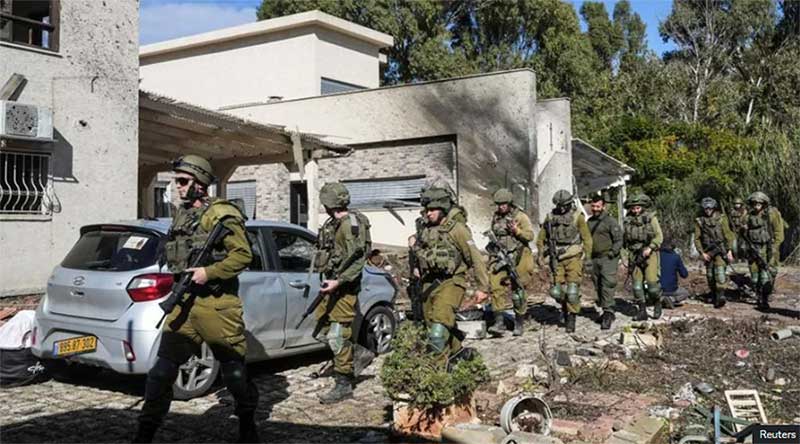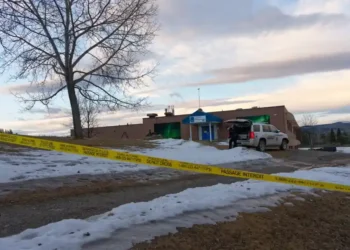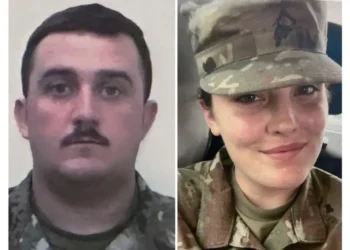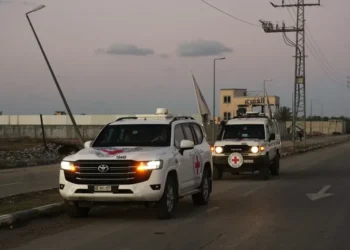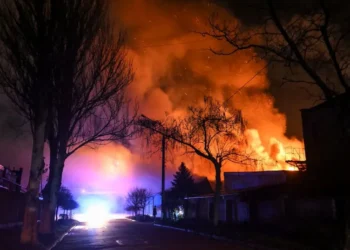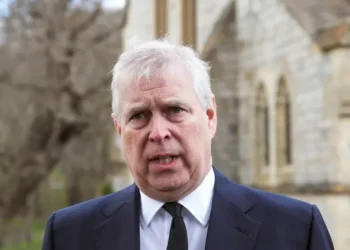Ceasefire Holds, but Doubts Persist Near Israel-Lebanon Border
A fragile ceasefire between Israel and Hezbollah has largely held, though tensions remain high near the Israel-Lebanon border. The ceasefire, brokered after over a year of intense conflict, faces challenges as both sides accuse each other of violations.
Israel Strikes Back
The Israeli military reported artillery fire and airstrikes in southern Lebanon, targeting Hezbollah activities. These actions followed observations of suspicious movements near a Hezbollah weapons facility and vehicles breaching the ceasefire terms.
Meanwhile, Lebanon accused Israel of multiple violations and stated it was closely monitoring the situation.
Calm Amid Uncertainty
Despite sporadic clashes, the ceasefire has brought a relative calm to the border region. Military bases, once abuzz with activity, now show signs of a slower pace. Soldiers are seen performing routine maintenance, and some express cautious optimism.
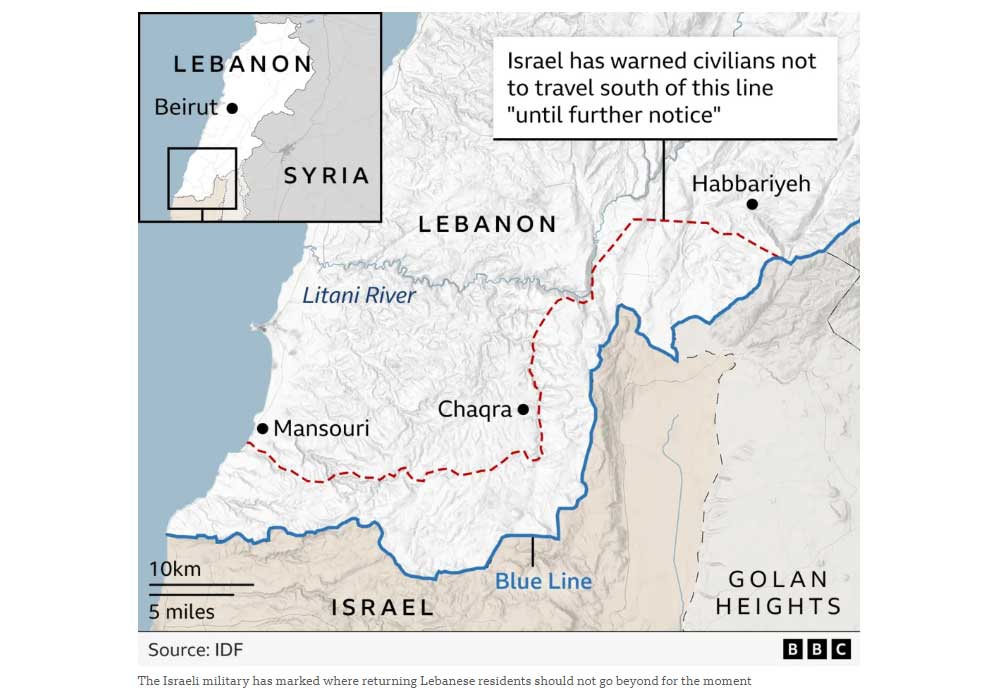
“We’re glad to be out of the fighting, but if Hezbollah remains a threat, we know we might have to return,” said one Israeli captain.
Public Sentiment Divided
Israeli leaders, including Prime Minister Benjamin Netanyahu, have expressed confidence, lifting some restrictions in border areas and dismantling protective structures. Netanyahu also warned of a forceful response if Hezbollah breaches the ceasefire.
However, not everyone shares this optimism. Michael Kabesa, mayor of Hatzor Haglilit, called the ceasefire a “surrender.” “We didn’t finish the job,” he said, predicting future conflict if Hezbollah regains strength.
Rebuilding and Returning Home
For northern Israeli communities evacuated at the war’s onset, returning home is a priority. Many residents, like Kabesa, demand robust military presence and long-term security assurances. Israeli forces plan to gradually hand over control of southern Lebanon to the Lebanese army, supported by UNIFIL and oversight from U.S. and French forces.
Yet Kabesa remains skeptical. “No international force can guarantee our safety. We have to protect ourselves,” he said, referencing lessons learned from the devastating Hamas attacks of October 7, 2023.
Resilience Amid Destruction
Some residents in the north chose not to evacuate during the war. Chris Coyle, a Scottish immigrant living in Kiryat Shmona, witnessed months of relentless Hezbollah rocket fire.
“Missiles hit several times a day. I had just four seconds to find cover, so I used to lie behind the fridge,” he recounted. Despite the destruction, Coyle believes the ceasefire offers hope for rebuilding.
“I’ve spoken to neighbors who plan to return. It’ll take time, but the town can come back to life,” he said.
Cautious Optimism Among Soldiers
Israeli troops leaving Lebanon see this as a chance for reflection. “It’s a moment to evaluate,” said the same army captain. “I hope our leaders will use this opportunity wisely but know when to react if necessary.”
While the ceasefire holds for now, residents and soldiers alike remain wary of what lies ahead.
This article was rewritten by JournosNews.com based on verified reporting from trusted sources. The content has been independently reviewed, fact-checked, and edited for accuracy, neutrality, tone, and global readability in accordance with Google News and AdSense standards.
All opinions, quotes, or statements from contributors, experts, or sourced organizations do not necessarily reflect the views of JournosNews.com. JournosNews.com maintains full editorial independence from any external funders, sponsors, or organizations.
Stay informed with JournosNews.com — your trusted source for verified global reporting and in-depth analysis. Follow us on Google News, BlueSky, and X for real-time updates.
